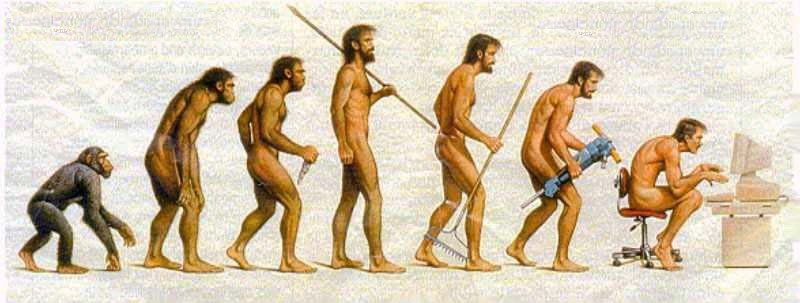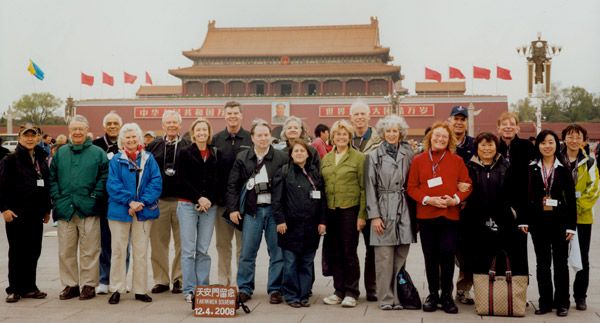To have been thrust, as we’ve been over the past seven days, onto the streets and into the neighborhoods of Boston, is to be reminded of the web of interconnections that make up a community. We all have that web, which we’ve taken from our earliest memories and experiences into the work we do and the lives we live. It’s the web we find ourselves leaning back into and relying upon during a week like this.
These “ways of seeing the world” or “habits of living” put startling events into a meaningful context so that we can begin to understand them. They tell us when we can count on the authorities trying to protect us. They bring us out to the street to applaud and cheer them because of our relief and their success.
These ways of seeing the world shaped our initial reactions to the carnage that turned a finish line into a triage unit. “Repugnance” a word that Leon Kass has used to describe this kind of disregard for life and community, springs from “a sort of deep moral intuition.” What is acceptable as well as what offends us at the most basic levels, comes from how we saw our parents and cousins, neighbors and teachers respond to what they thought the world should and shouldn’t look like all those years ago. We learned from what we saw them do.
It is where conscience and character first come alive.
So I paid attention to novelist Denis Lehane (who wrote so beautifully about Boston in Mystic River and Gone Baby Gone) when he spoke about how he was trapped at home while the streets outside his home were a blur of sirens and mobilzations. He talked about trying to protect his 4-year old daughter who was alarmed every time she heard the “pop, pop, pop” from that endlessly replayed gun battle from the night before. So while the storyteller in Lehane needed to know what was happening, he kept turning off the screens and squawk boxes to protect her. One of his habits of living was to guard his child from the realities of the world while he still could, despite all the things he so desperately needed to know.
These habits were evident in those who went from on-lookers of the Boston Marathon to rushing towards the explosions to see if they could help. They were evident in the cups of coffee and peanut butter & jelly sandwiches thrust into the hands of responders who hadn’t taken a minute to think about how tired and hungry they were.
These habits were evident in the capabilities that were shared at the most critical moments (“he needs a tourniquet”) or from the journalism teacher who found himself tweeting in the middle of the Watertown shootout and later said “I kept stopping myself, because the world just didn’t need to know about that.” These habits are about discretion and propriety too.
All of us are embarrassed by the smallness of the towns where we grew up, of the communities that looked out for us, or over our shoulders, back then. When we leave our nests thinking we’ve escaped, we bring the ways of making sense of the world and the role we need to play in it along with us. They help us to reach back to our most basic decencies in times that are troubling as well as in all those other times. These habits of living give rise to the responsibilities we all share for the world we inhabit.
As the cameras rolled past the row houses of Watertown, with all their green trash cans out and the trees beginning to bud, we found ourselves thrust into a web of mutual responsibilities. It is where what’s best and truest about life can usually be found.





